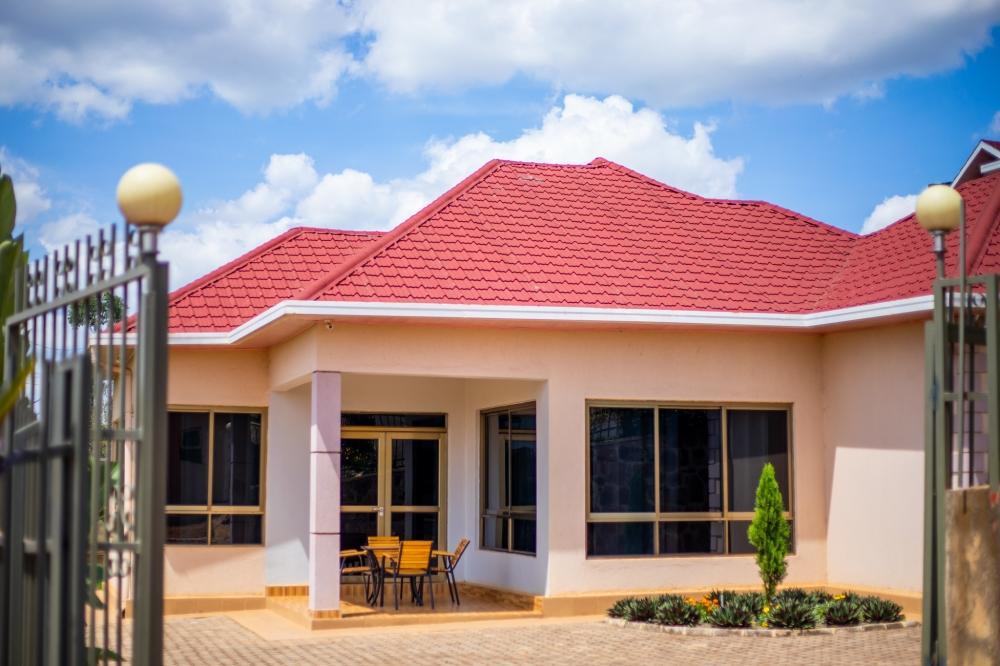Africa-Press – Rwanda. Rwanda’s real estate sector has, without any shadow of doubt, grown in leaps and bounds. Whether commercial or residential, every segment of the market has witnessed remarkable growth.
For anyone who has followed the development over the past few decades when Rwanda embarked on reconstruction, you cannot deny the fact that real estate has developed to new heights.
Even for those who have visited Rwanda in recent years, it’s hard to miss the rapid transformation, hundreds of new housing units, commercial complexes rising, and high-rise buildings reshaping the skyline.
This remarkable growth is largely fueled by Rwanda’s fast-expanding economy, as the country pushes forward with its ambitious development agenda. Among the leading forces behind this transformation is the construction sector.
In the decade leading up to the Covid-19 pandemic, the construction industry grew at an impressive average annual rate of 8.6%. And just last year, it surged again with double-digit growth, reaching 12%.
However, the rising cost of housing raises a critical question: who are we really building for? It’s increasingly evident that homeownership is slipping out of reach for many Rwandans, despite their aspirations to own a home.
No Rwandan who works hard and dreams of a secure future should be priced out of the market. Yet, without proper oversight, some realtors are distorting prices to maximize their commissions, contributing to a housing market that prioritizes profit over people.
While the government champions initiatives like the Rwanda Affordable Housing Scheme, it remains clear that market forces, left unchecked, are steering housing further out of reach for many.
In theory, a free market should encourage competition, innovation, and growth. The issue isn’t merely demand outpacing supply. It’s a market without boundaries.
Defenders of the status quo argue that regulation distorts natural market dynamics, deterring investment. But history and global practice show otherwise. There are countries that have managed to balance regulation with investment through rent controls, inclusionary zoning, and strategic subsidies.
The idea that price regulation sends the “wrong signal” to investors is outdated. What truly sends a wrong signal is a system where tenants are blindsided by sudden rent hikes, and aspiring homeowners are priced out entirely.
To protect citizens without stifling growth, we must acknowledge a simple truth that housing is not just a commodity, it’s a right. And rights, by definition, must be protected.
Source: The New Times
For More News And Analysis About Rwanda Follow Africa-Press






